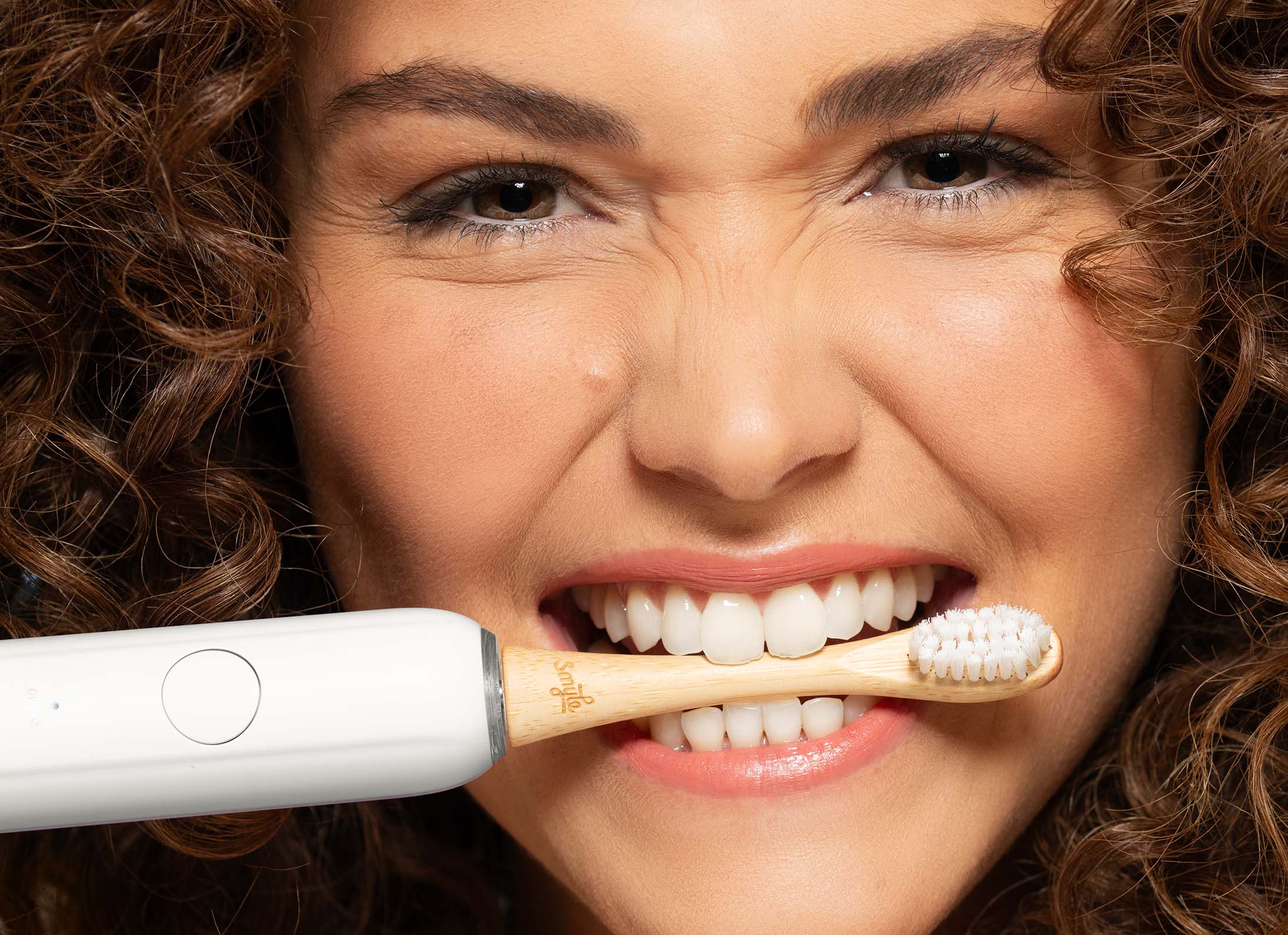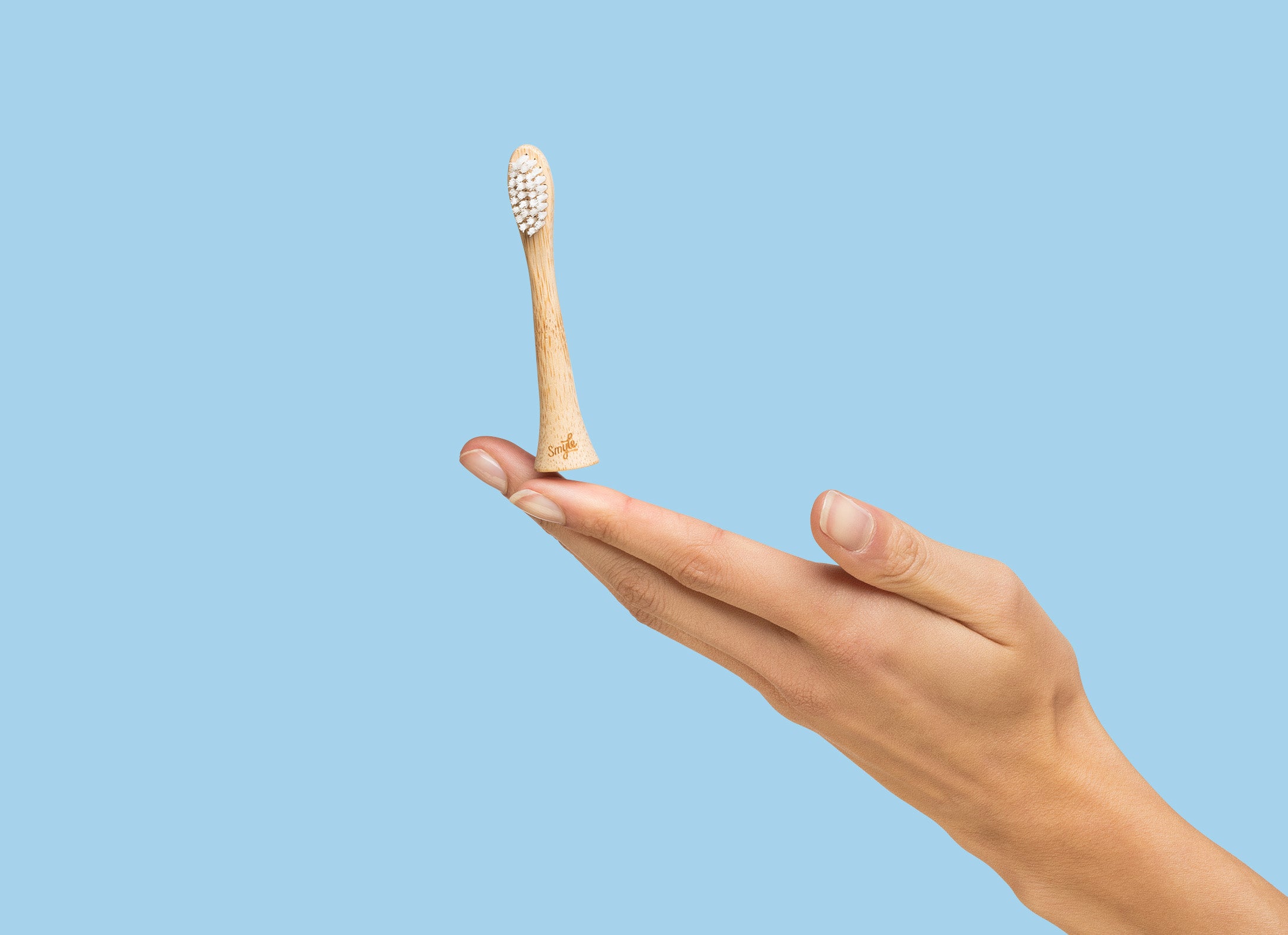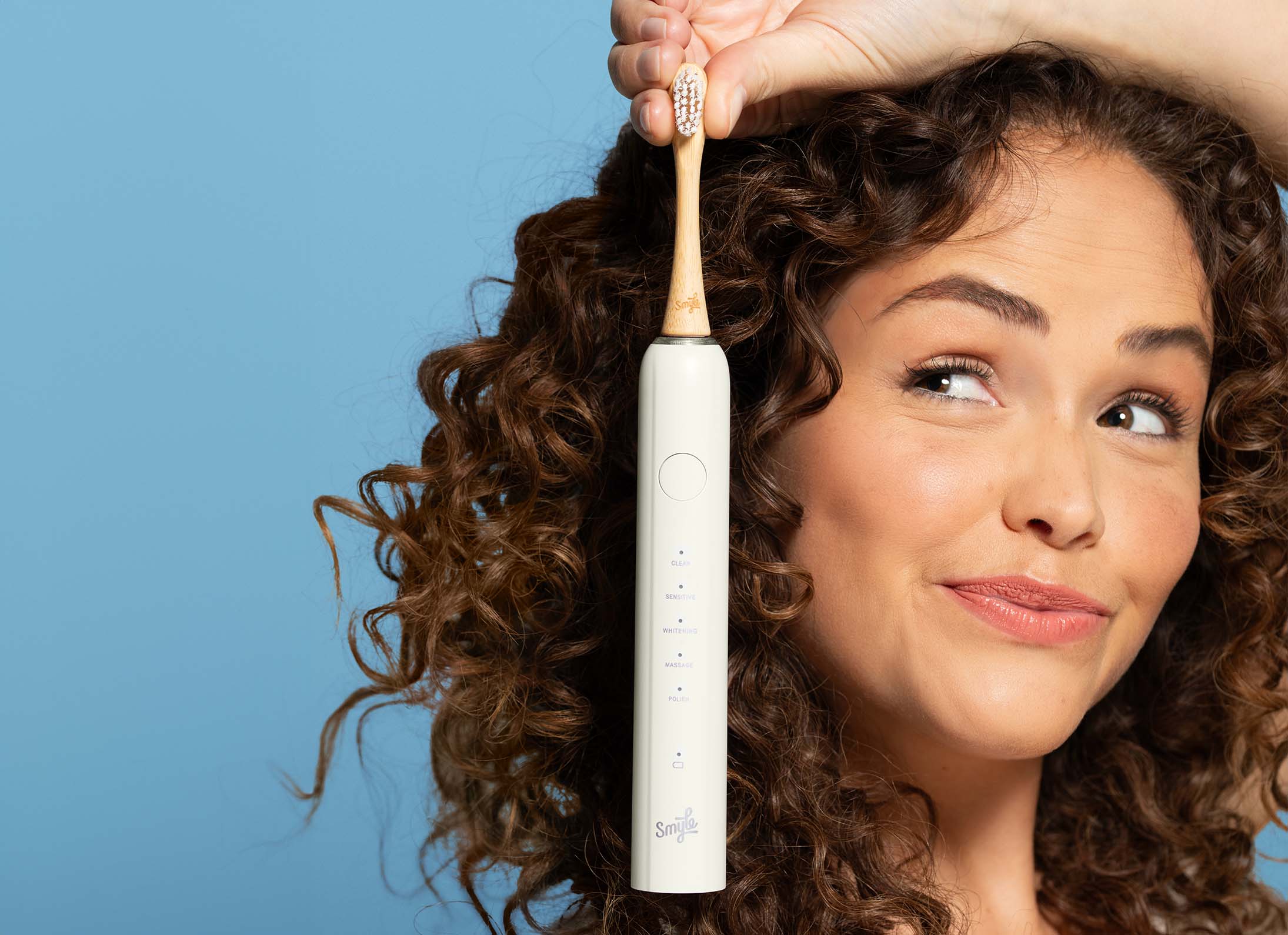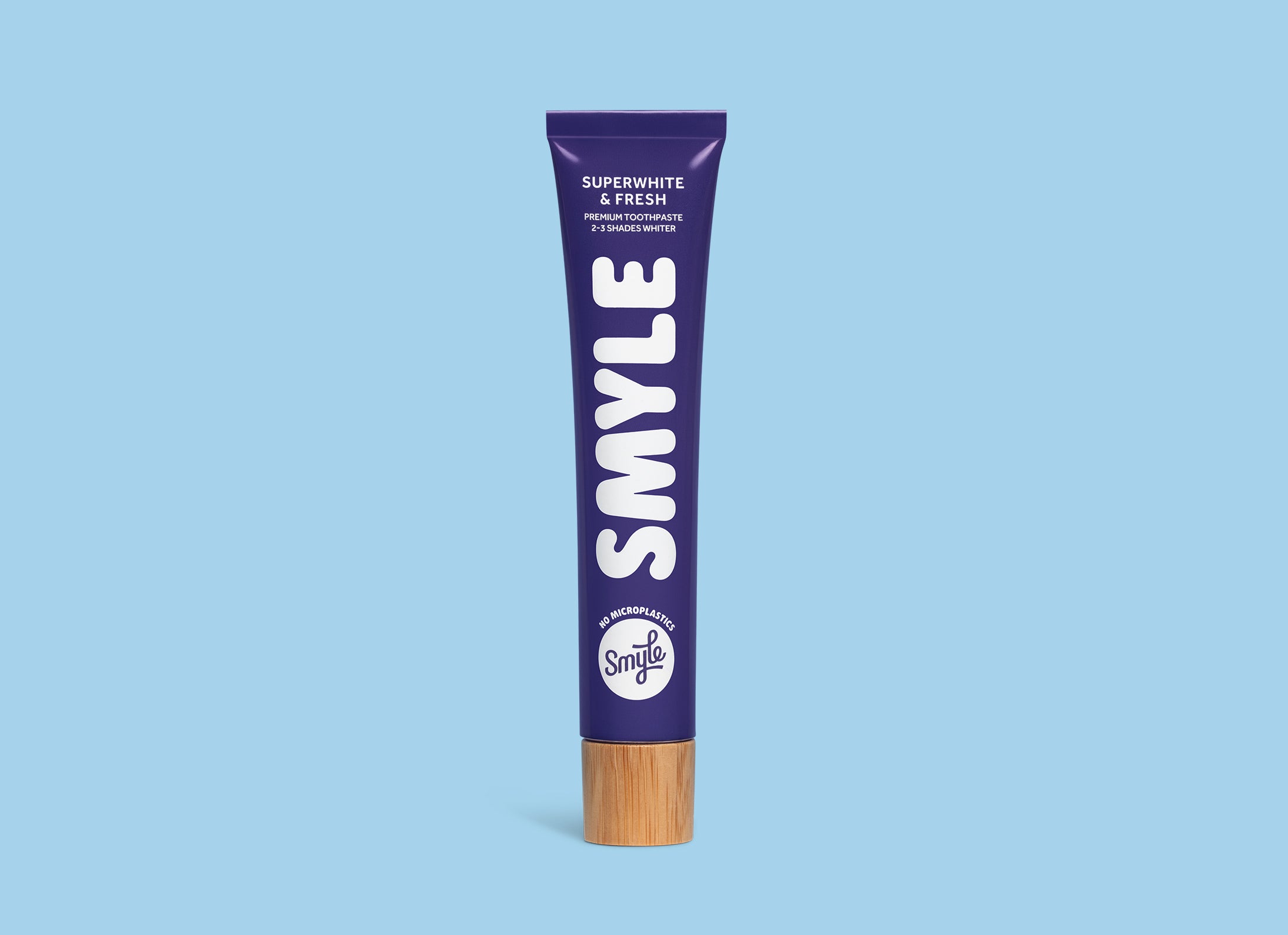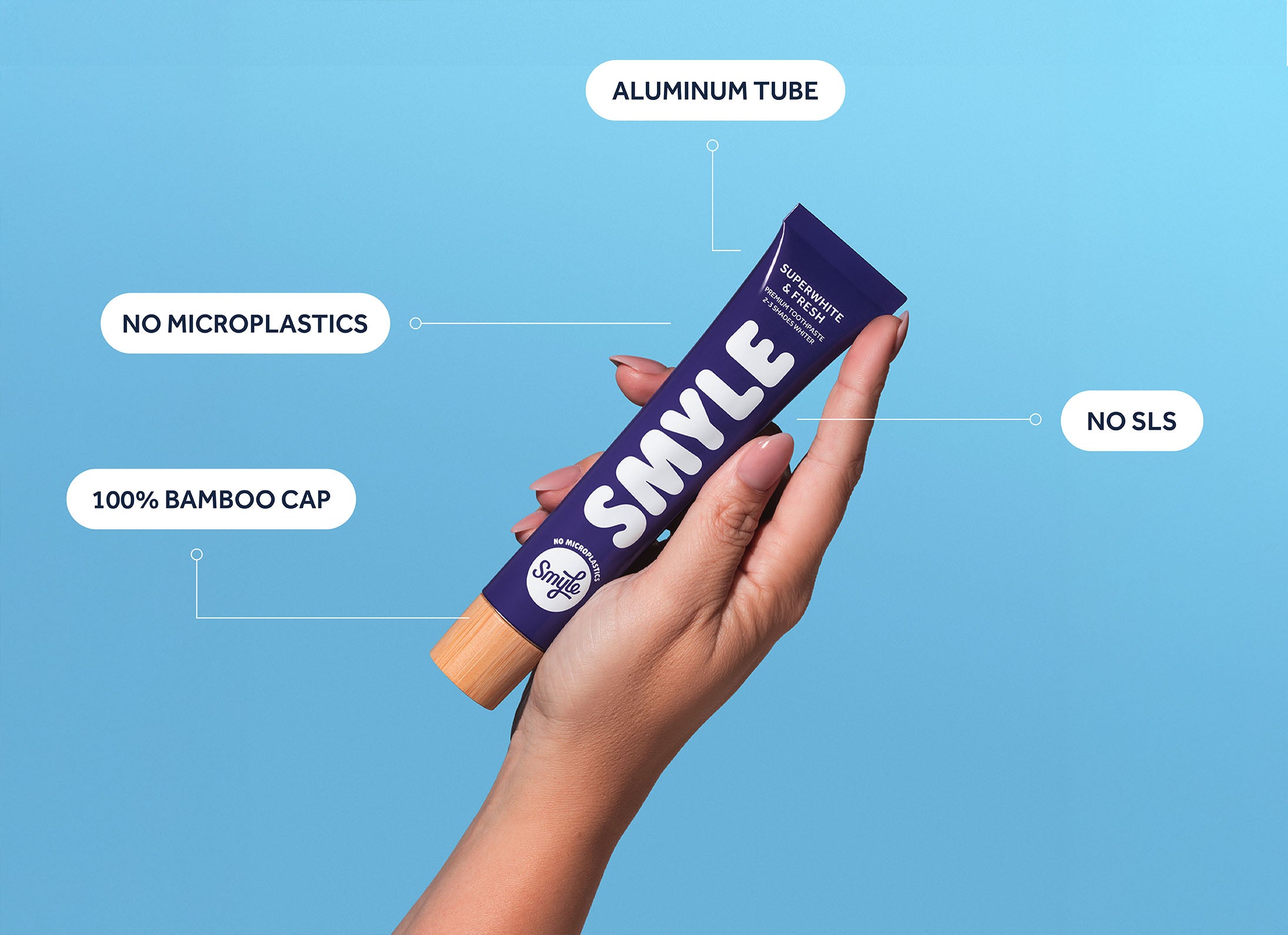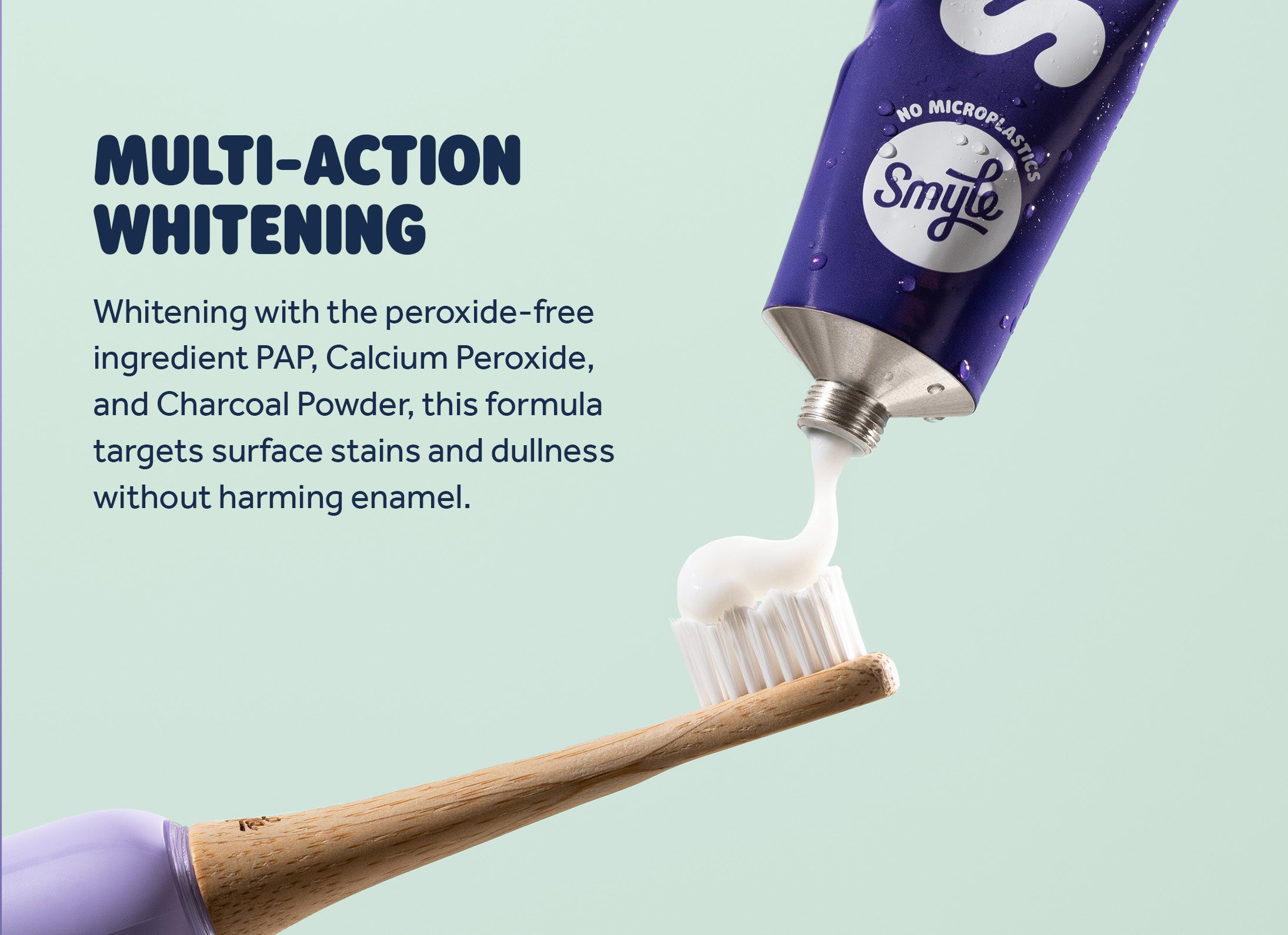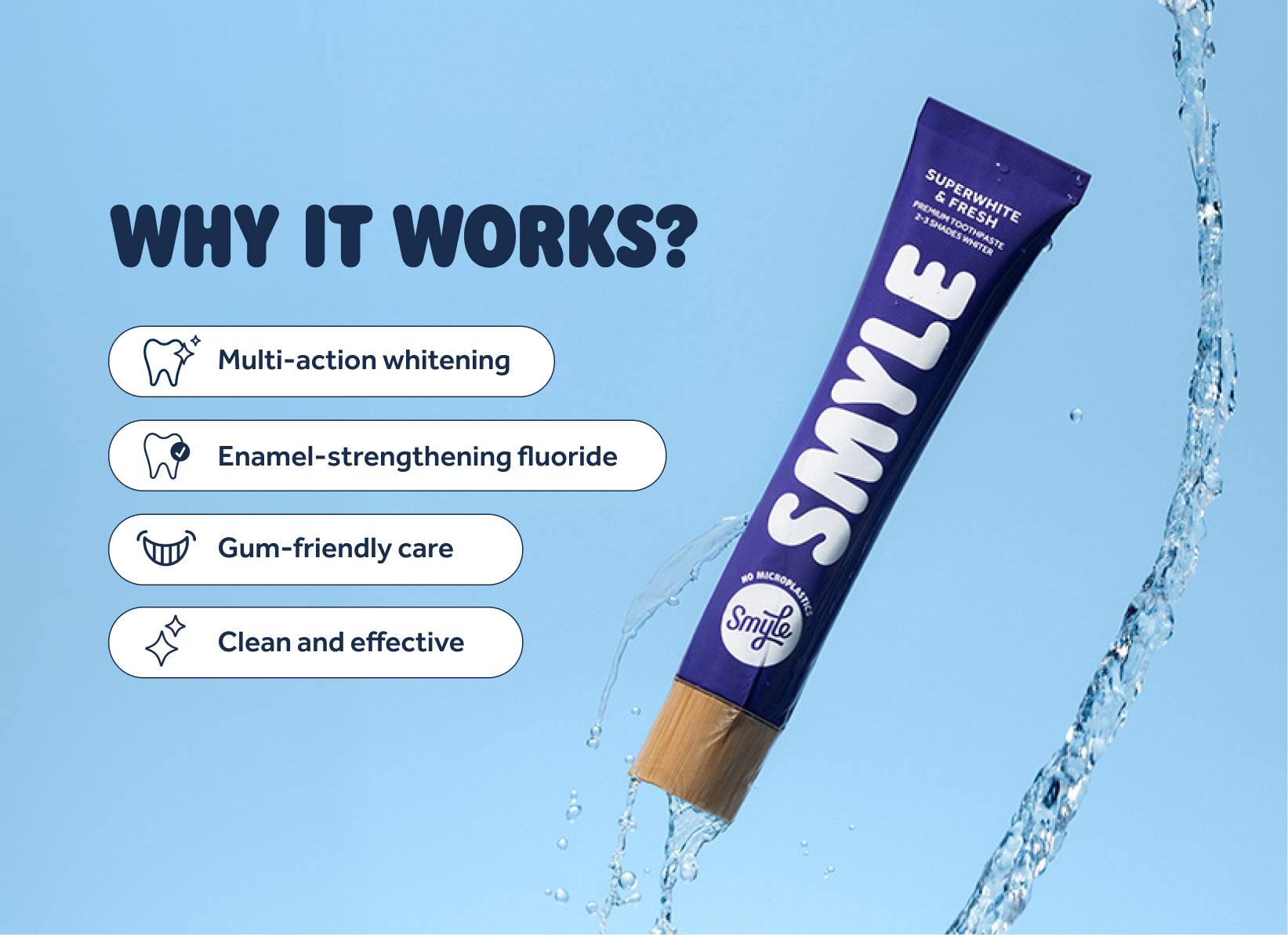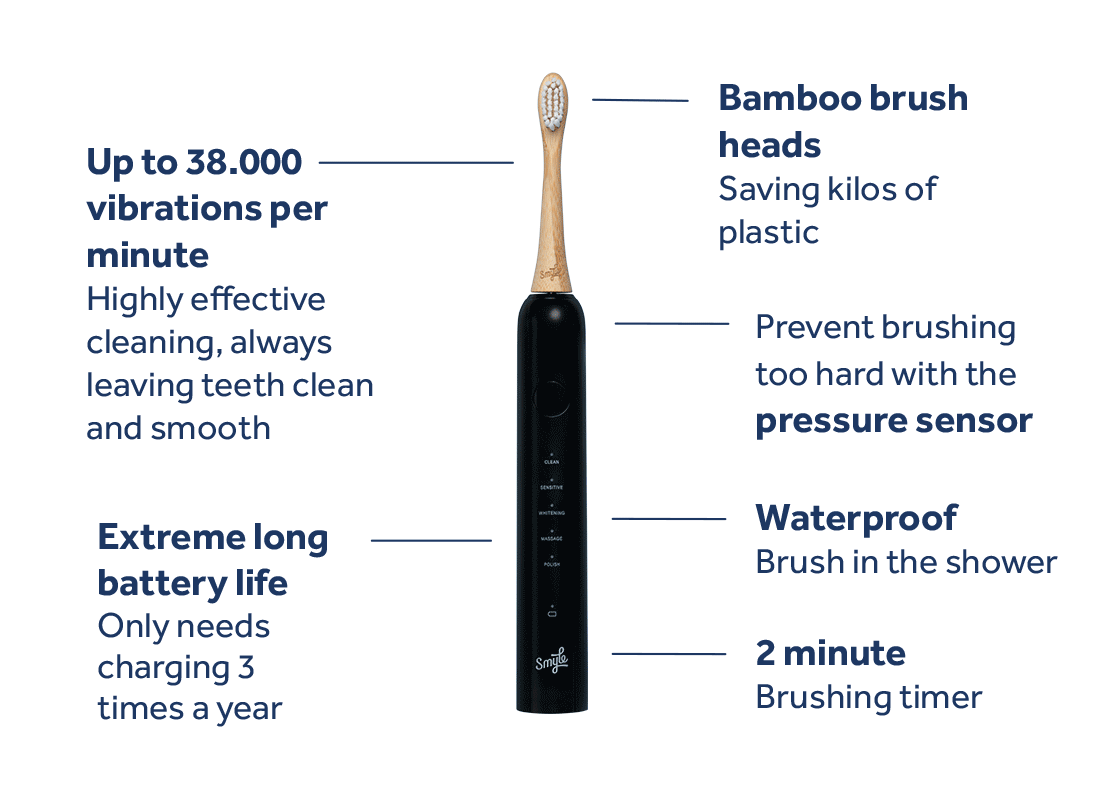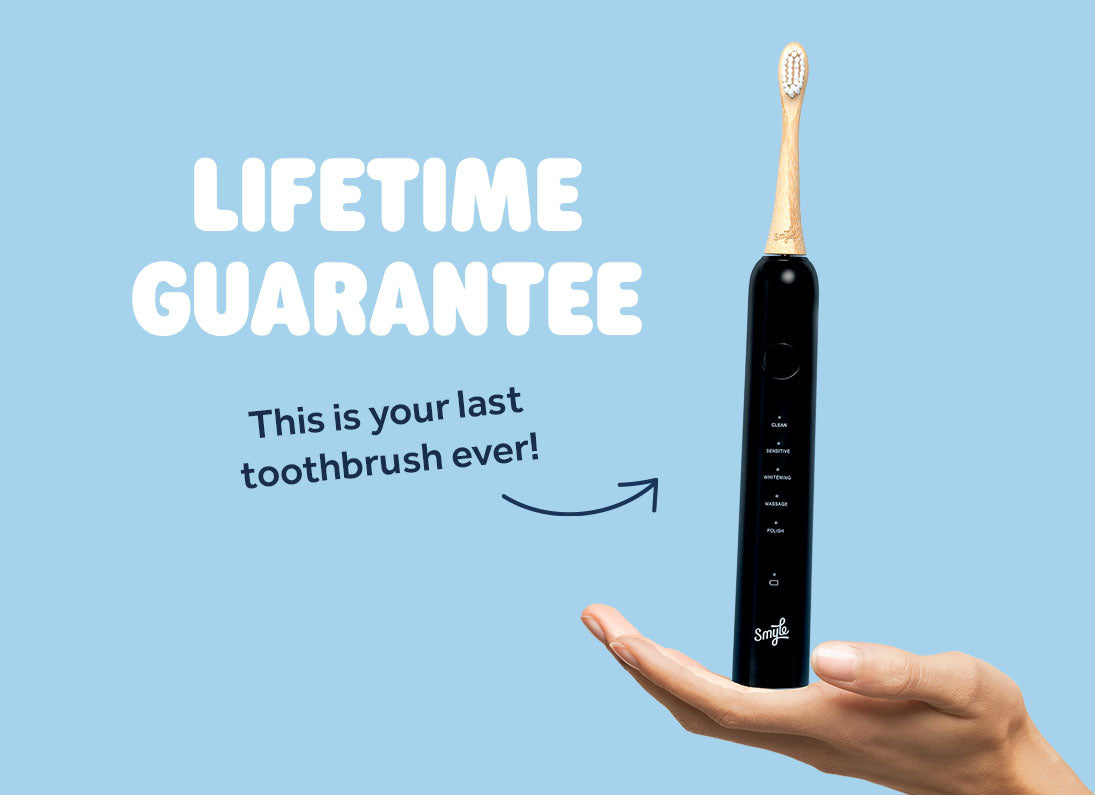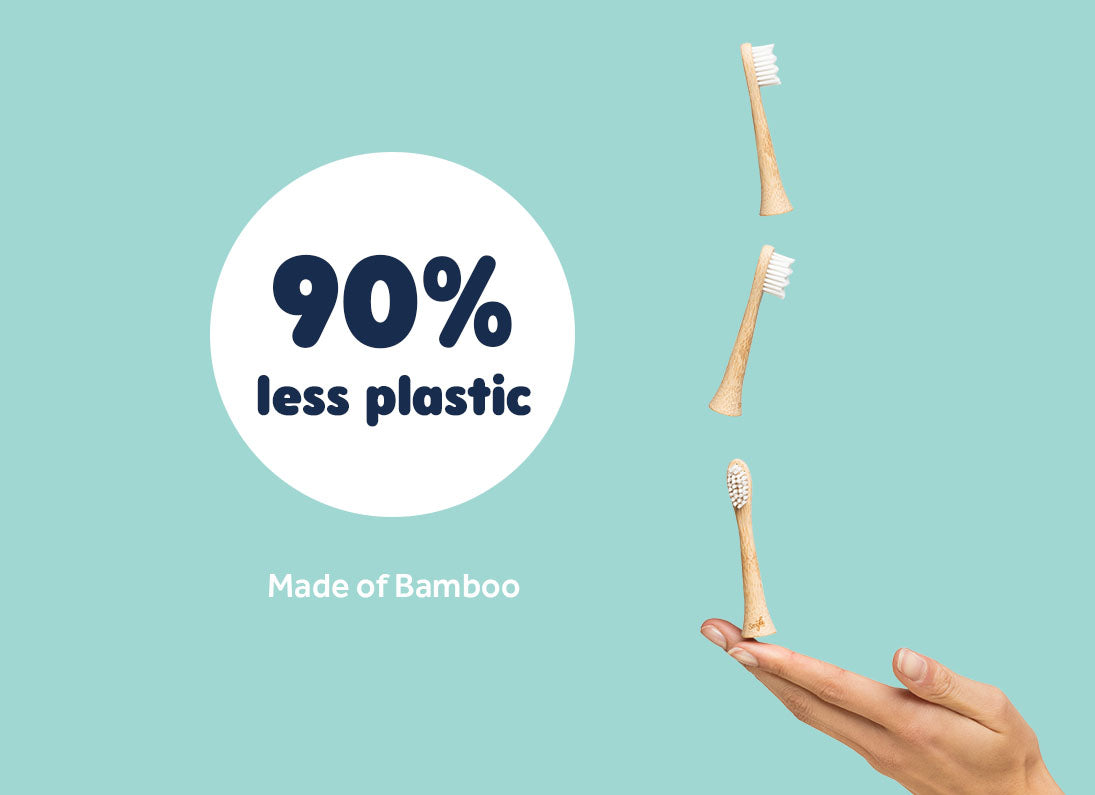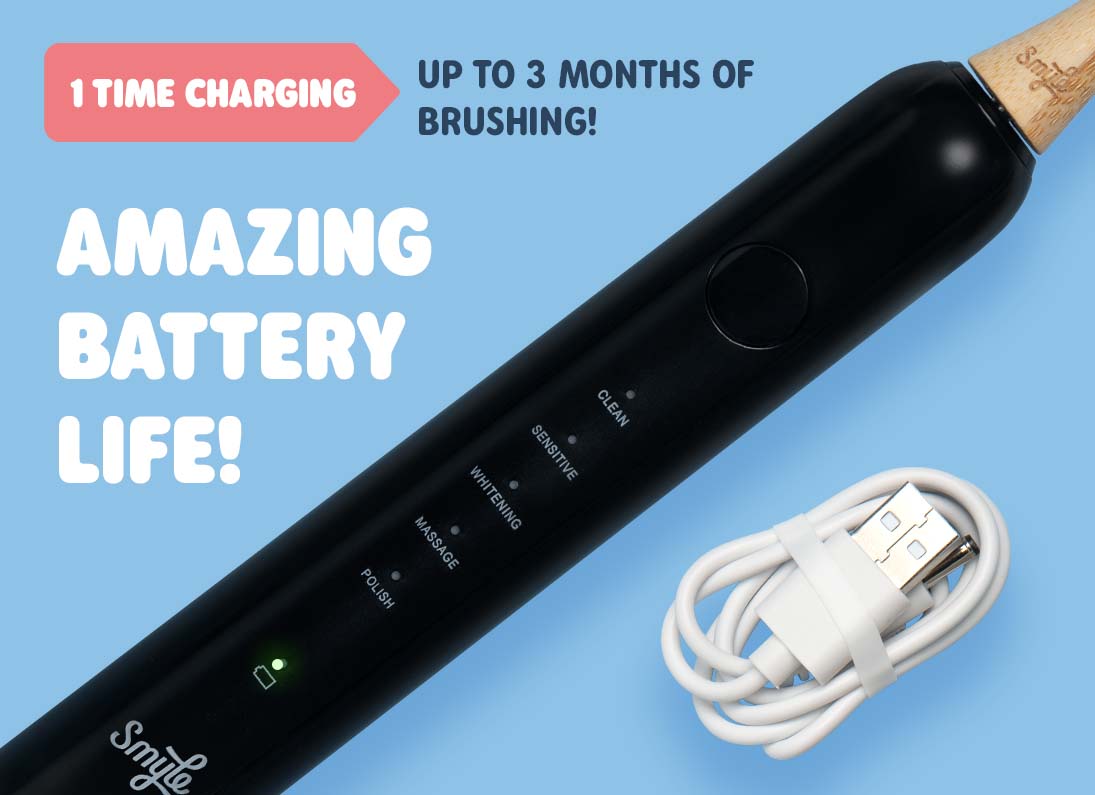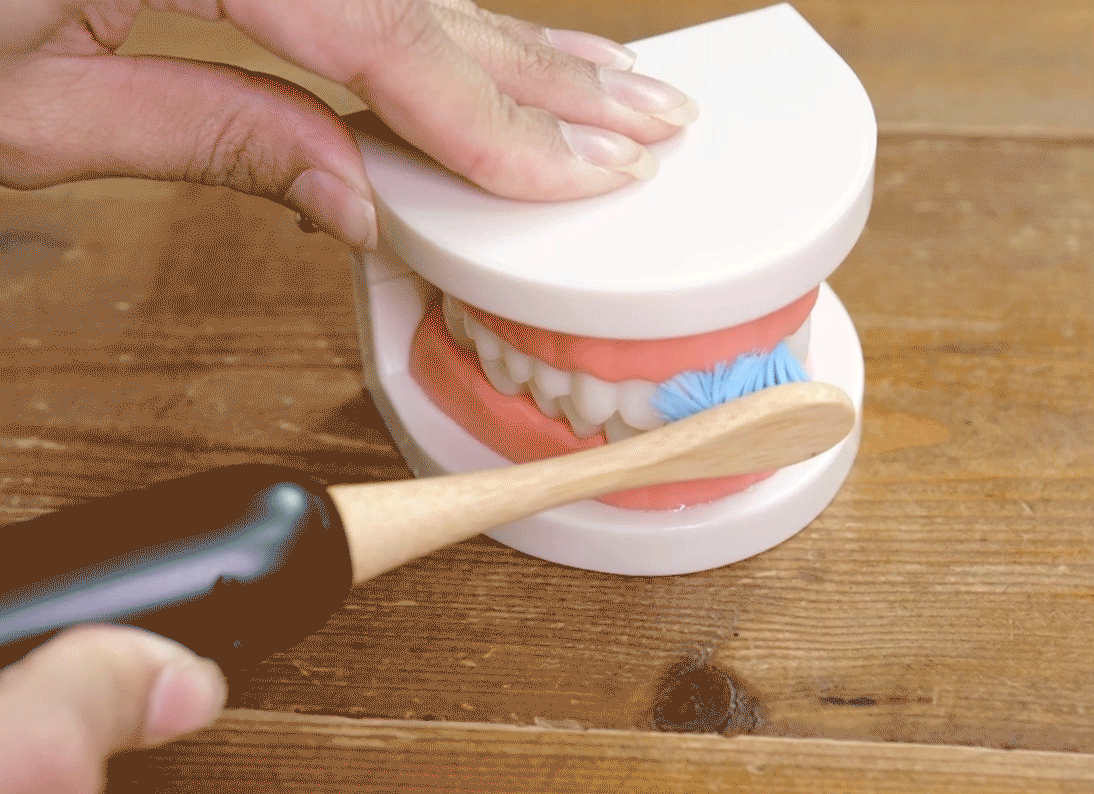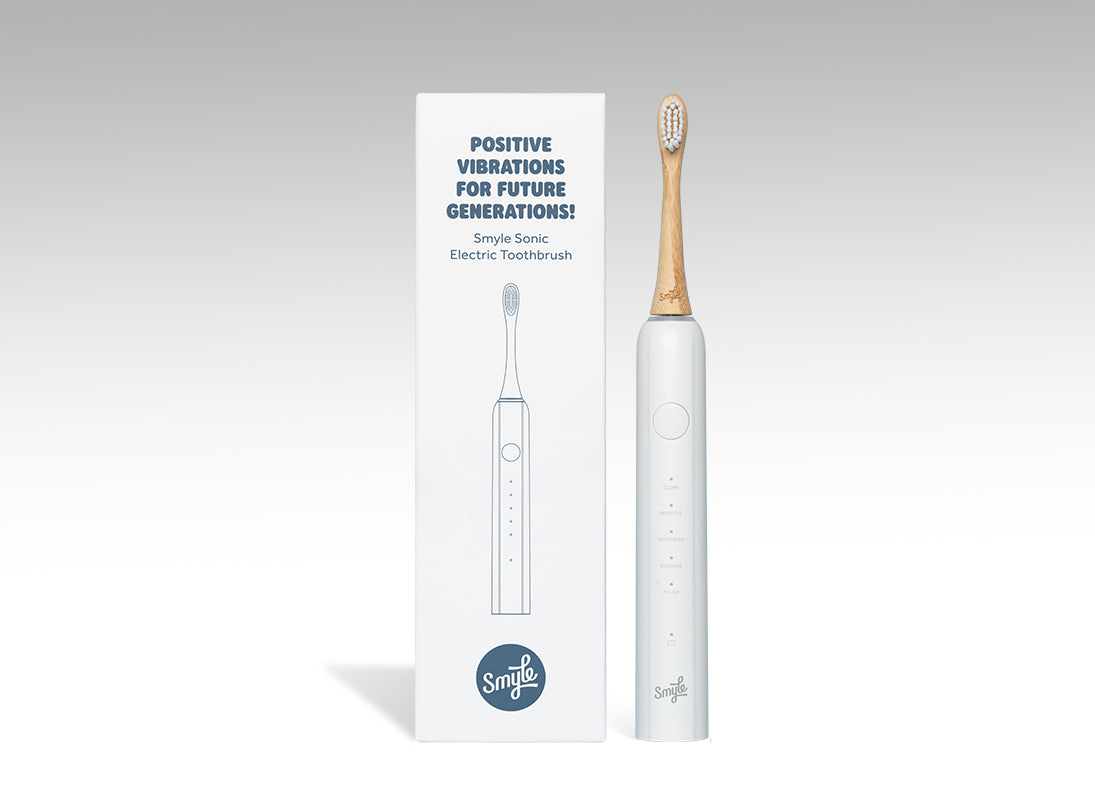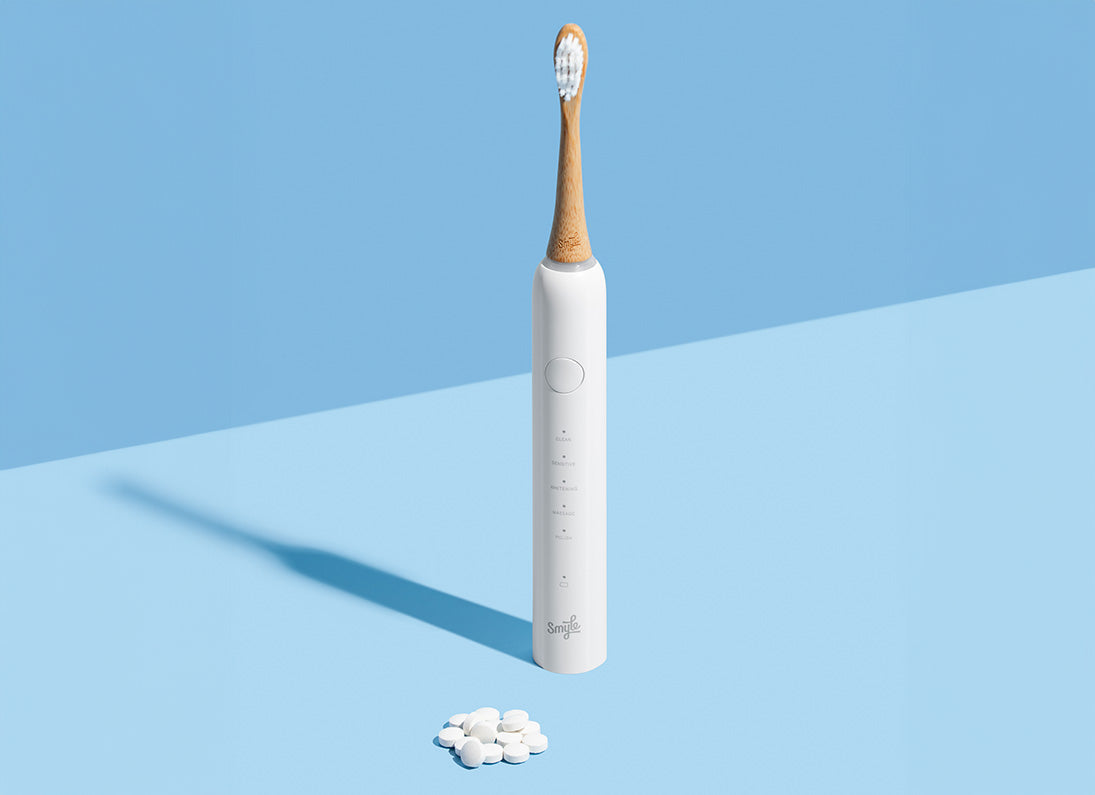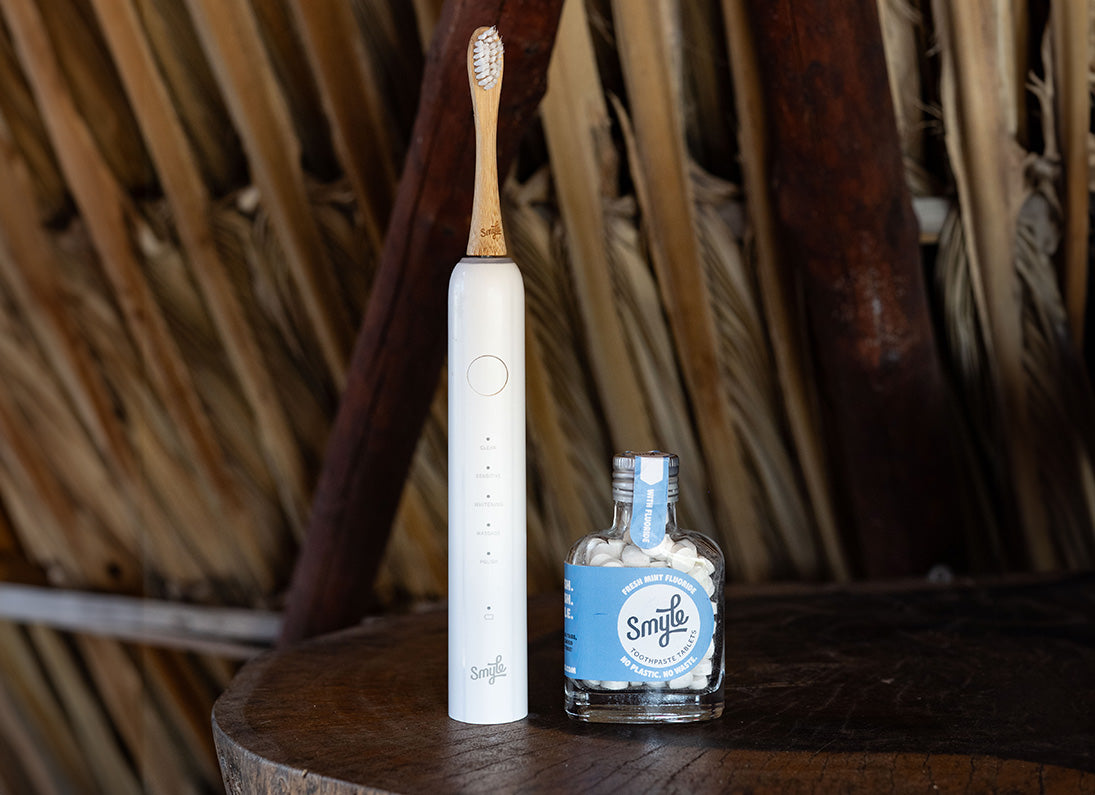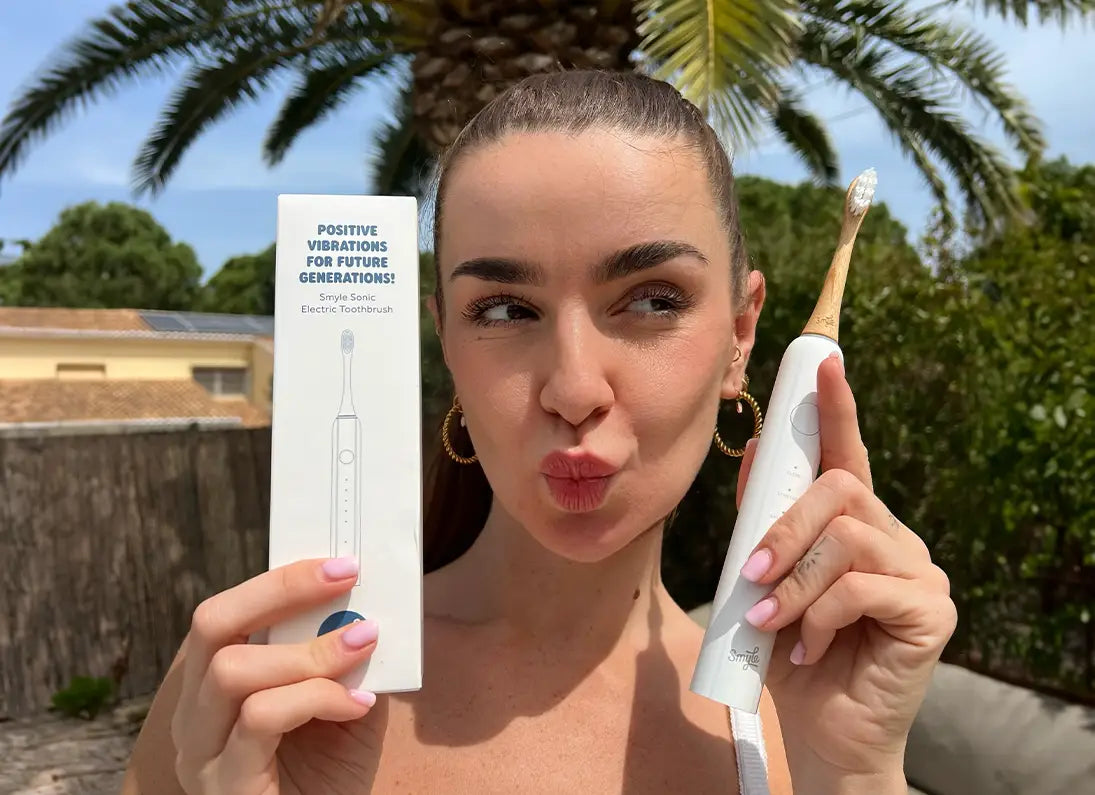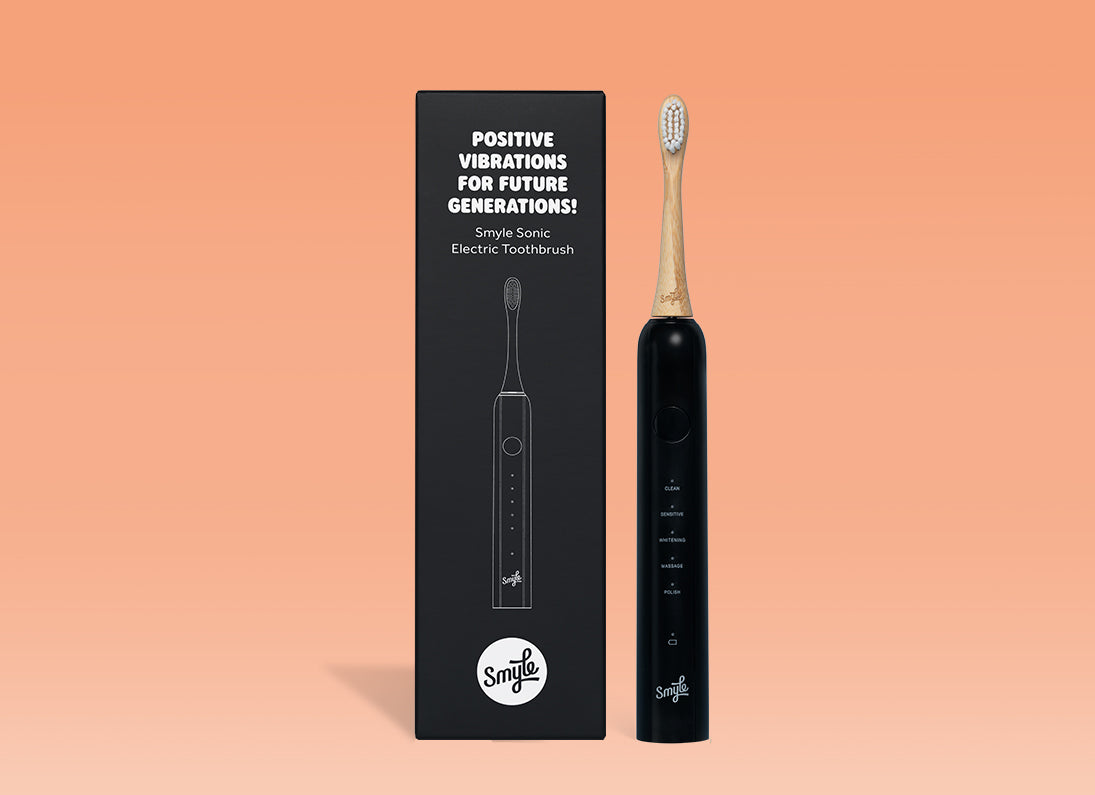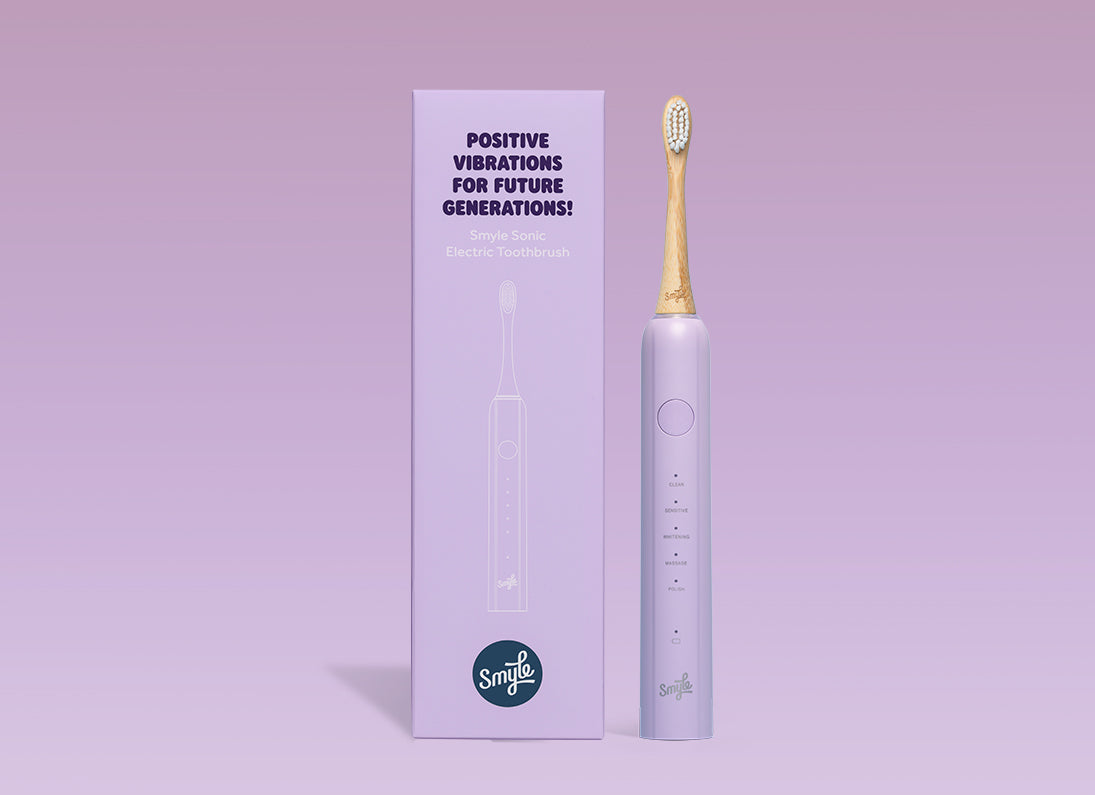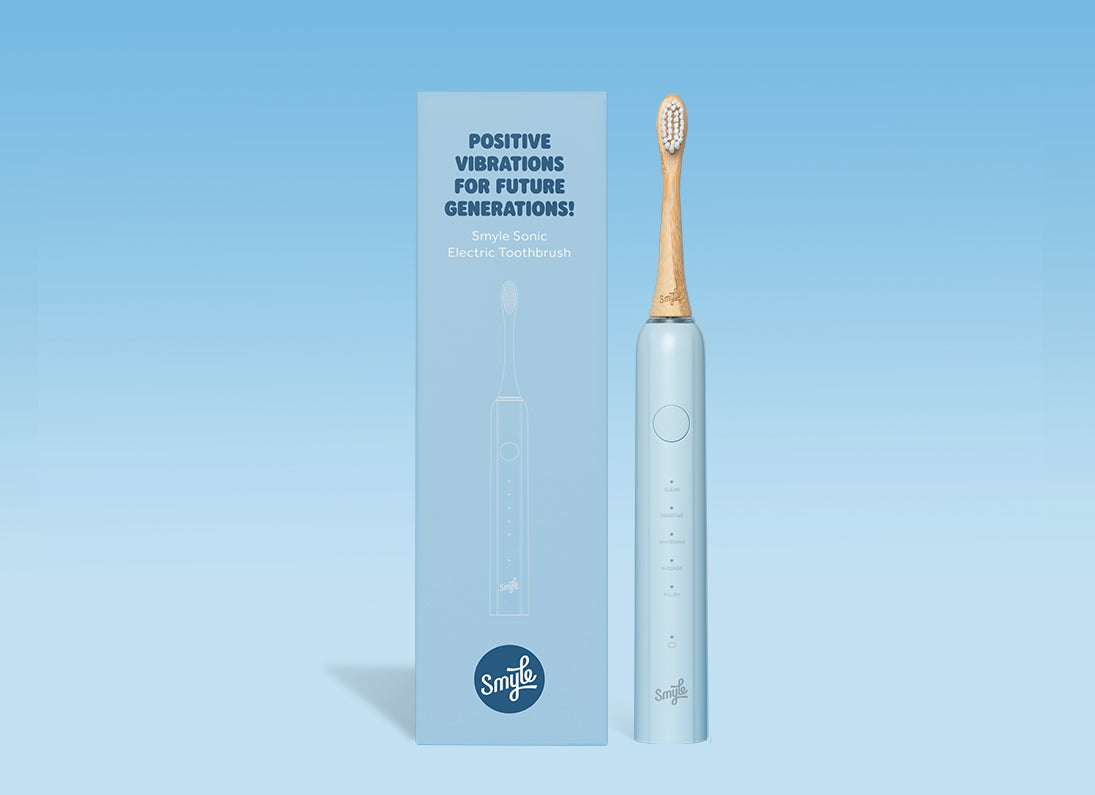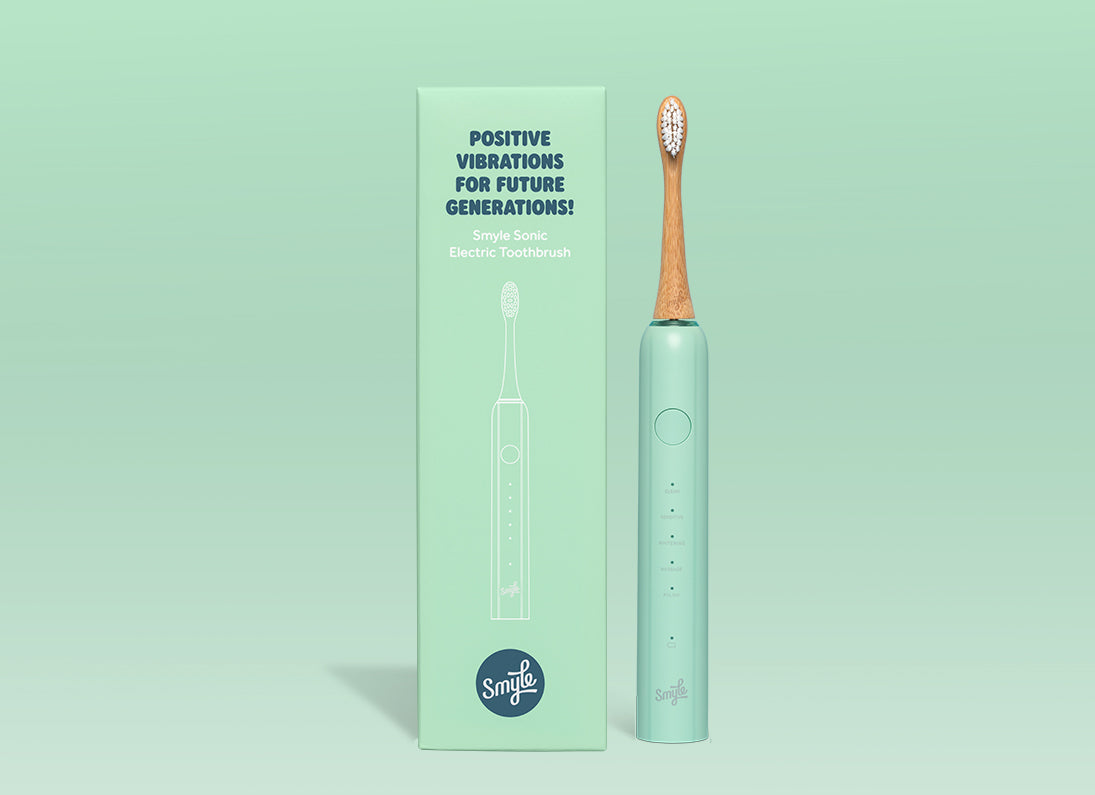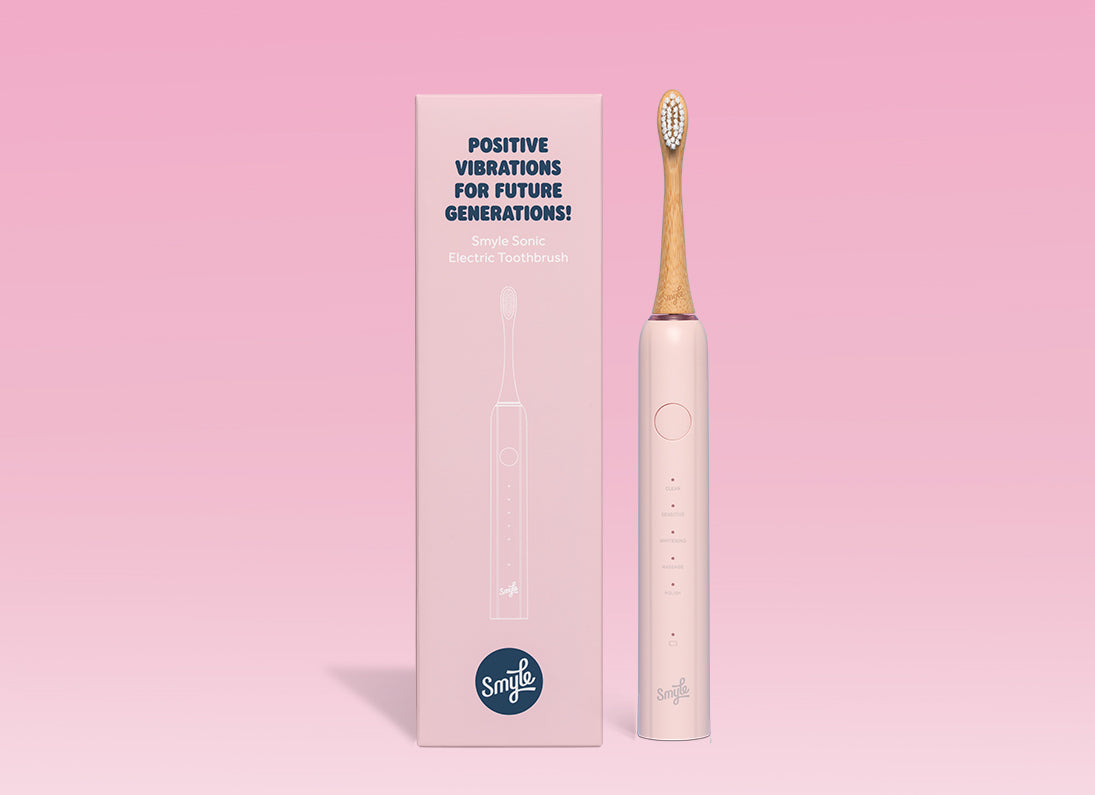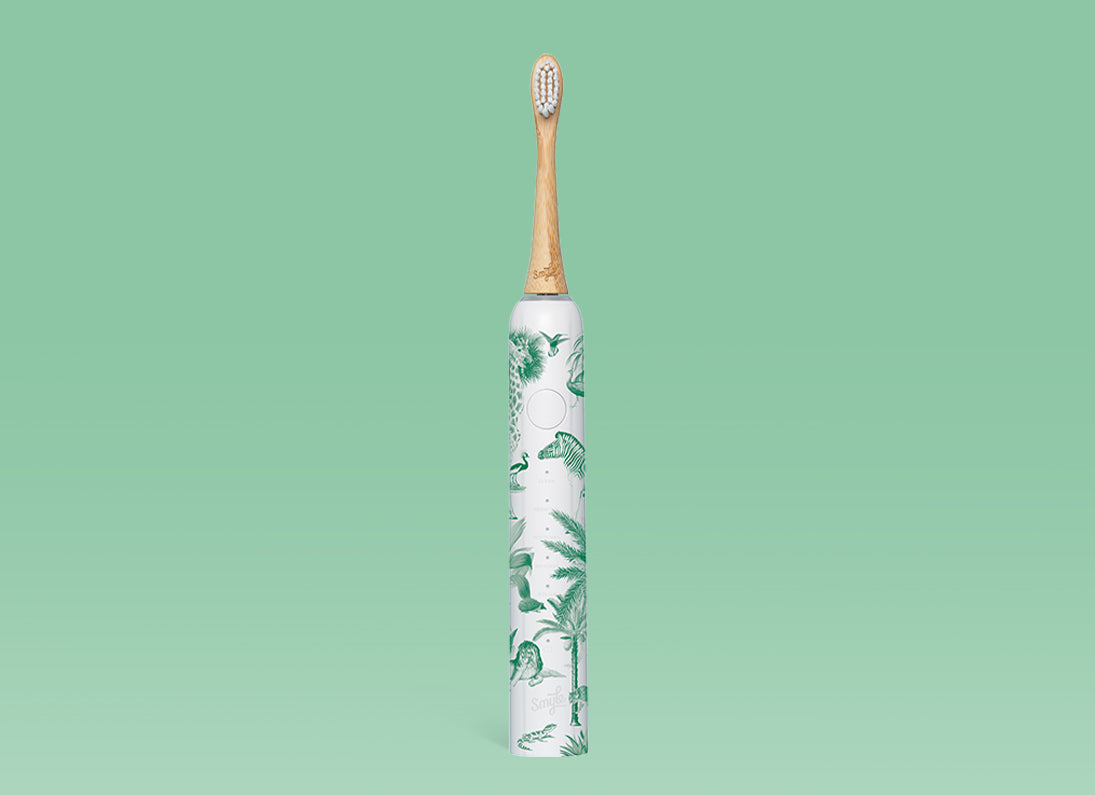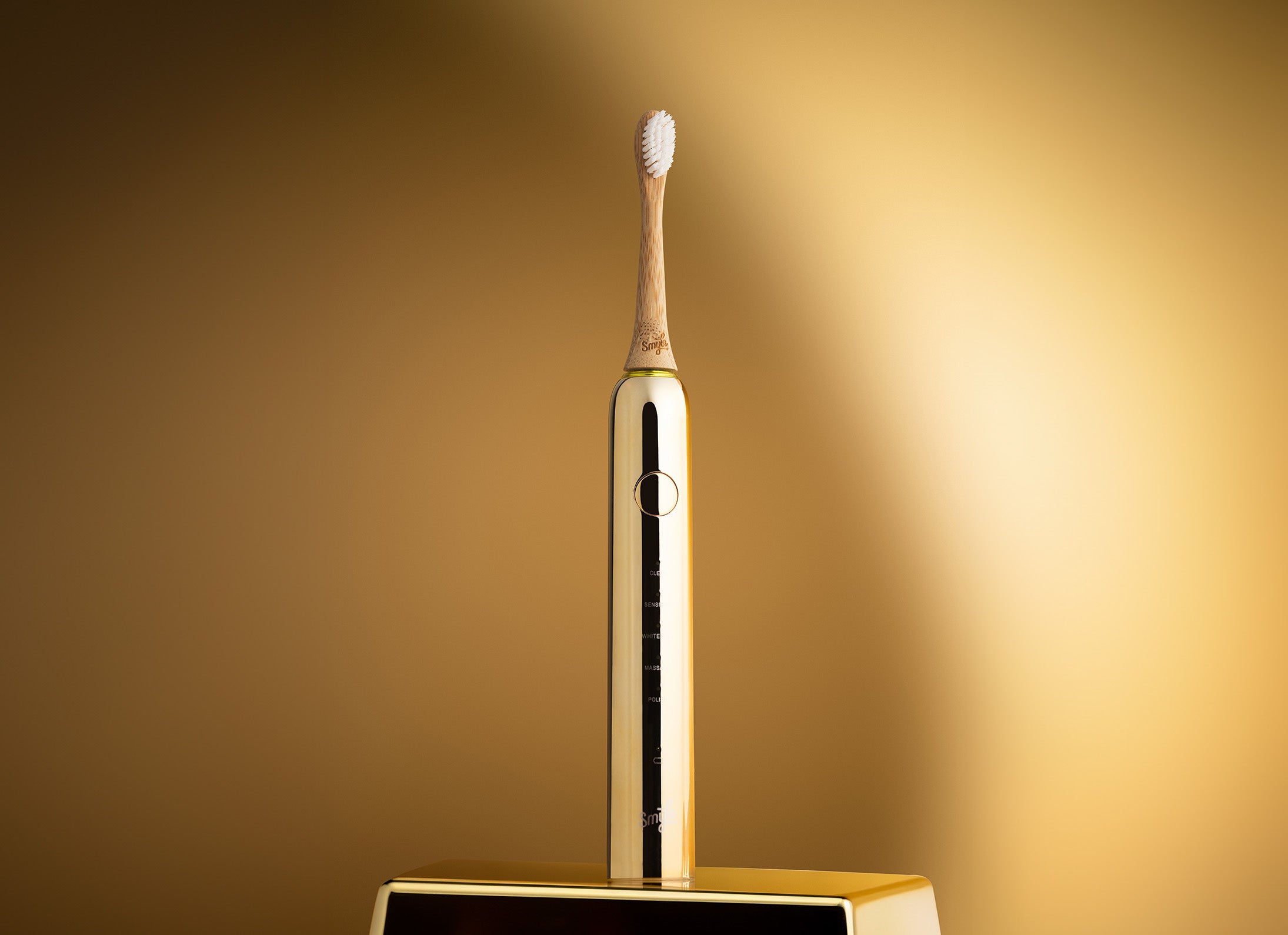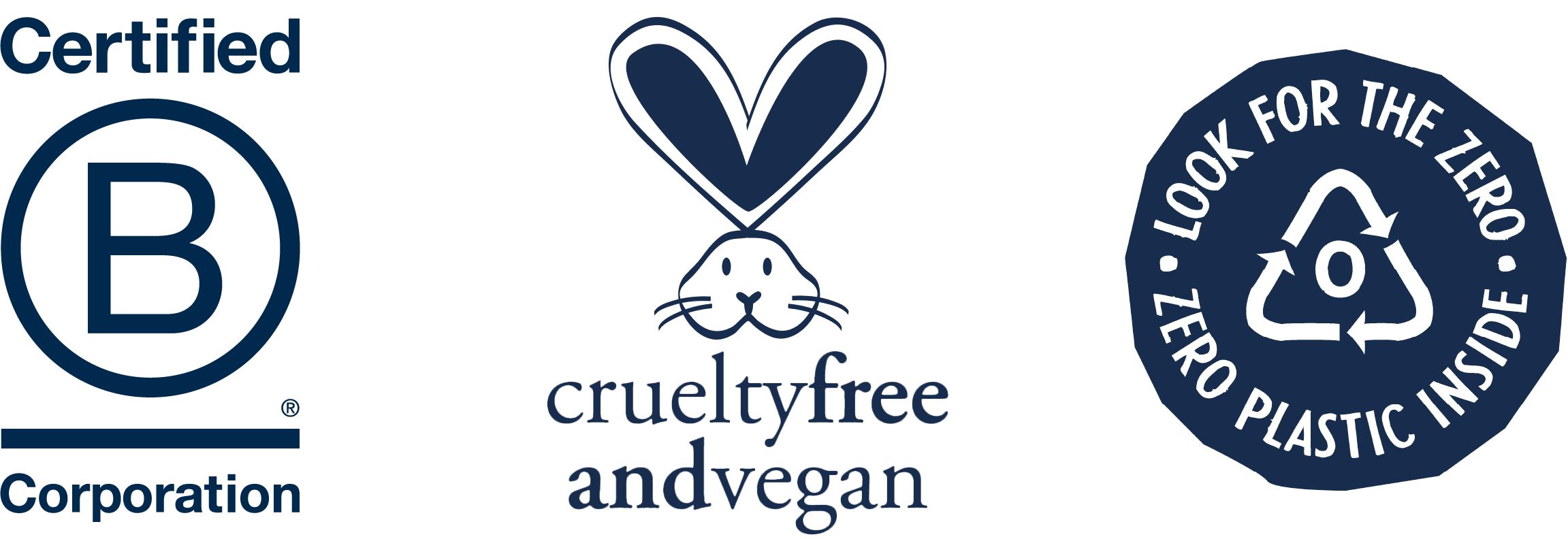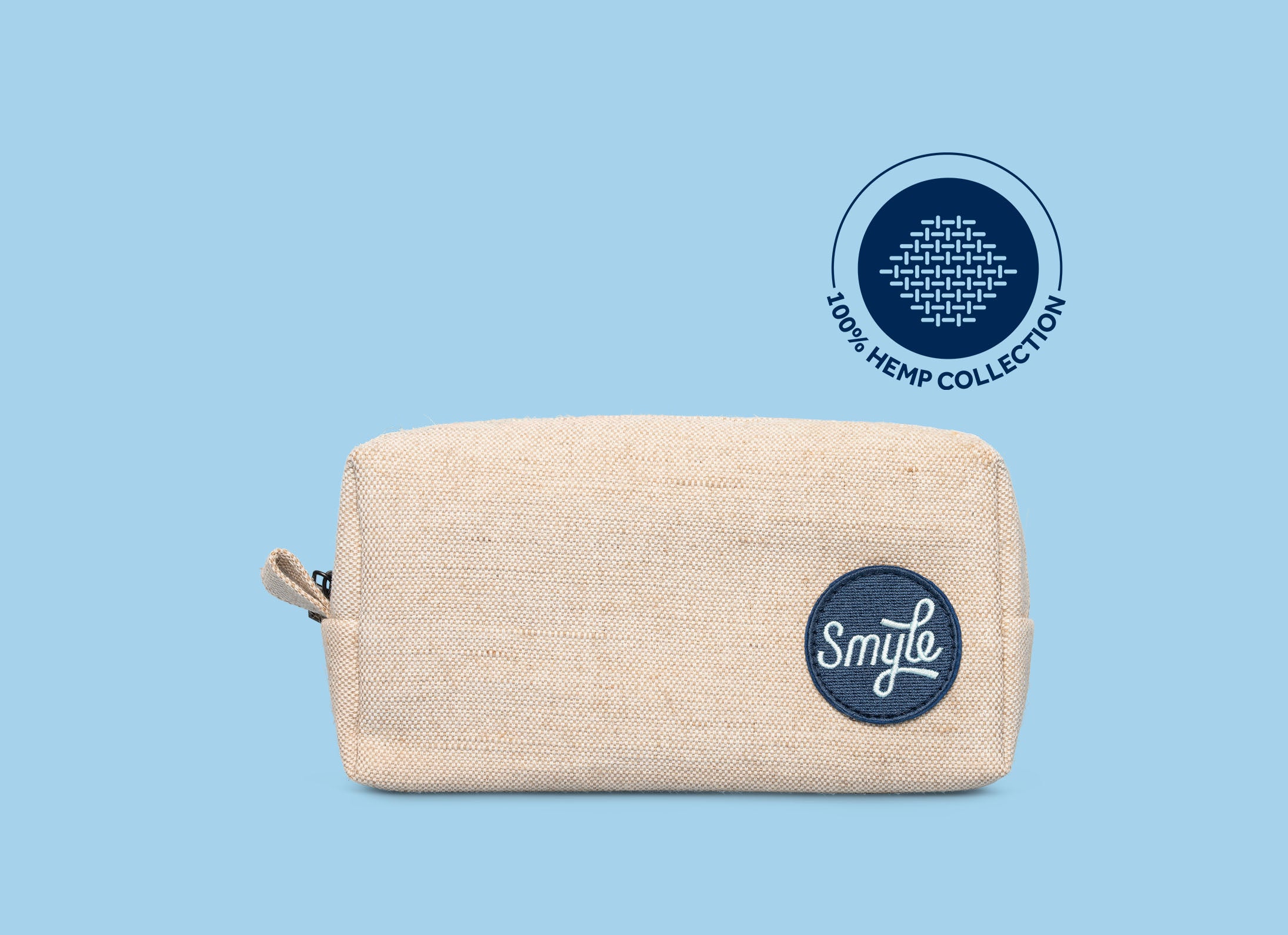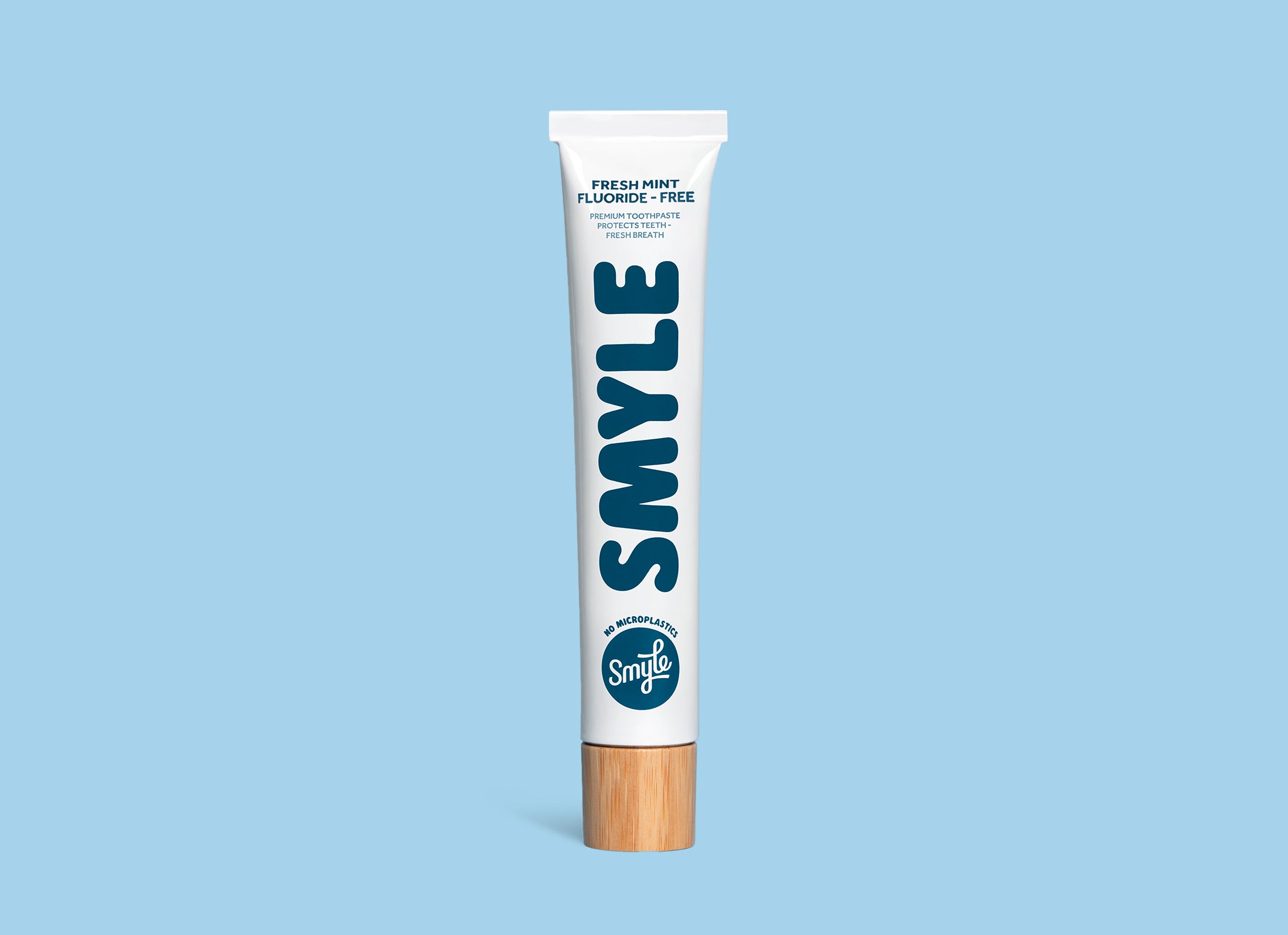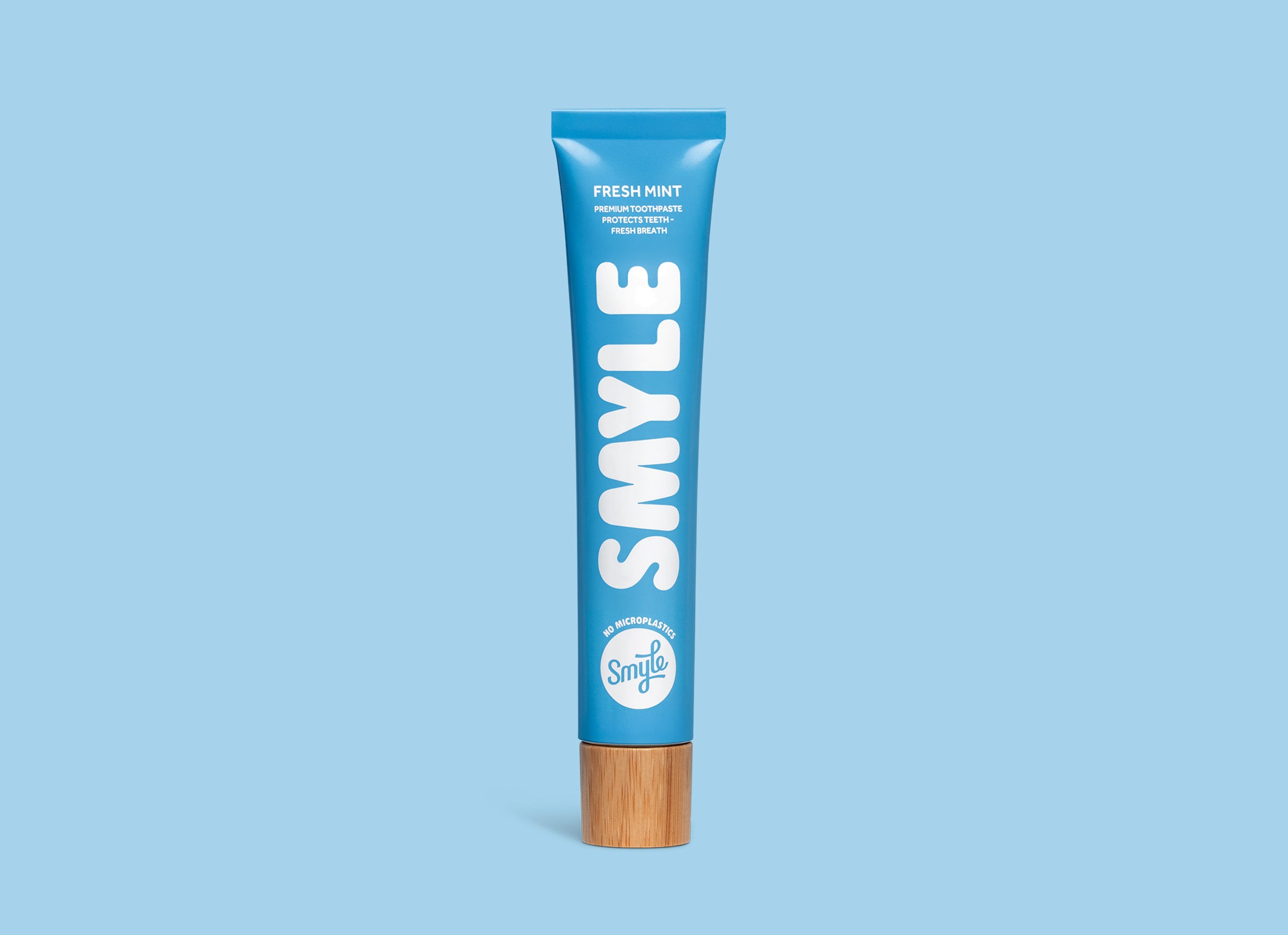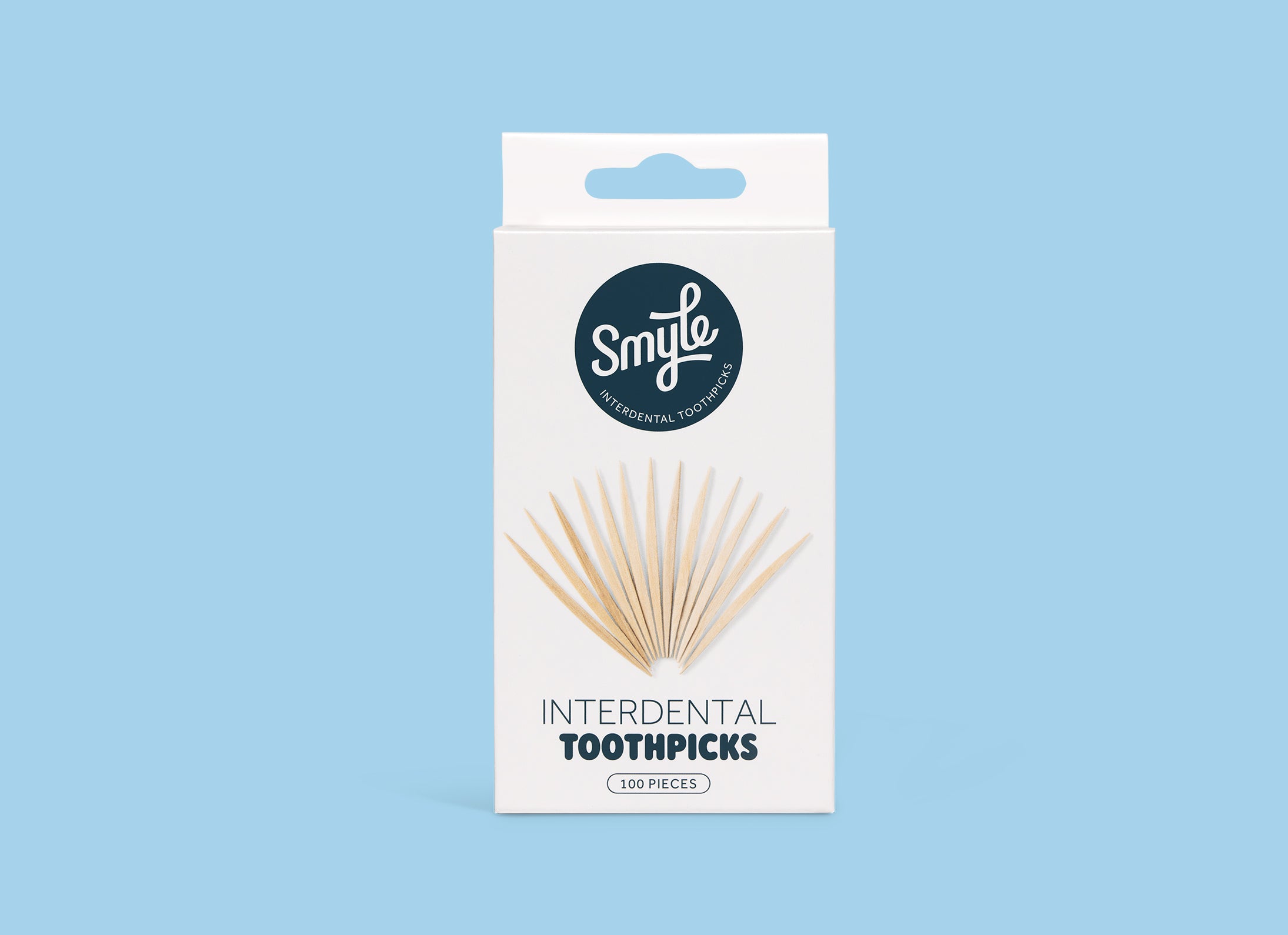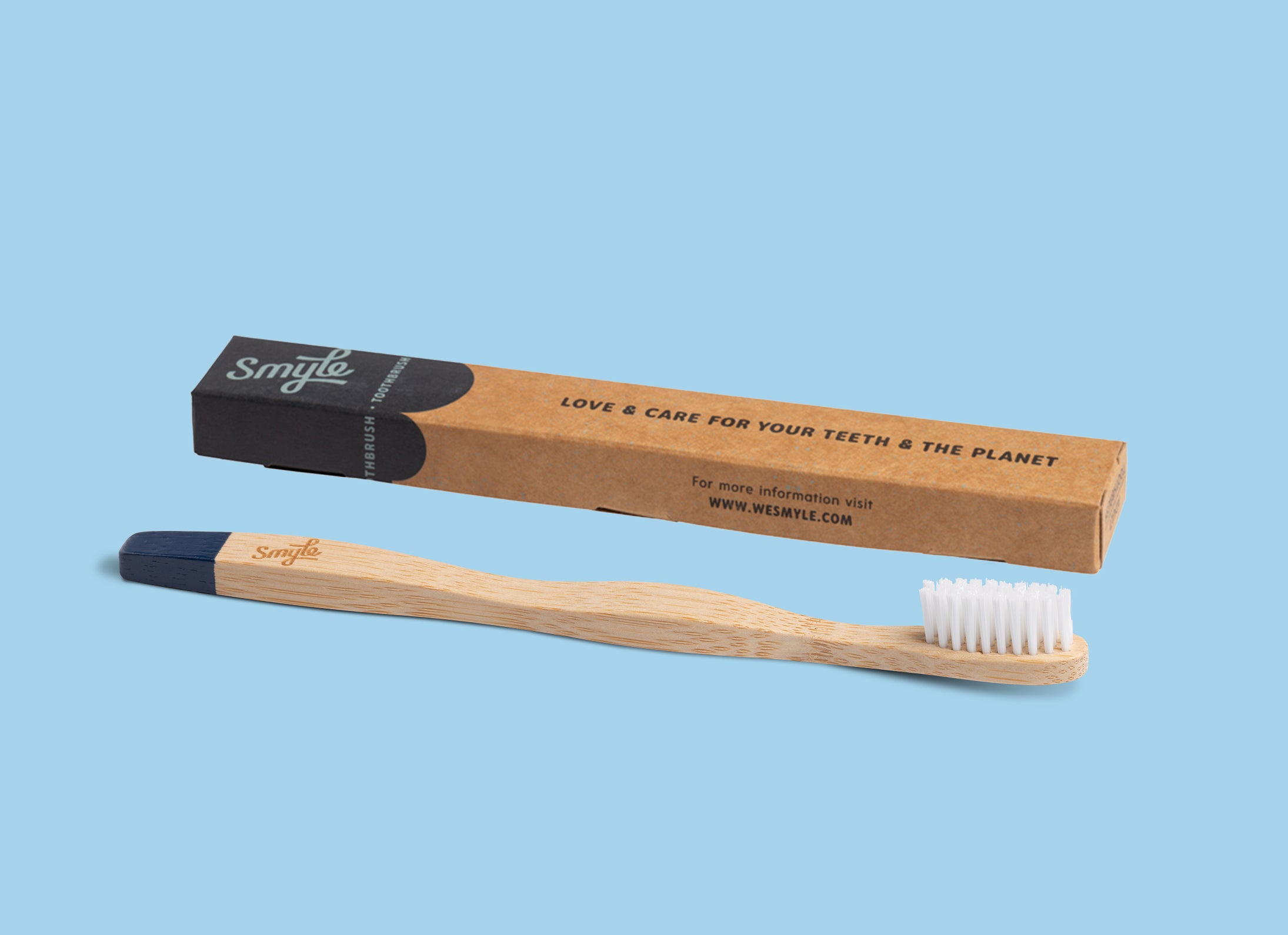
When it comes to dental health, you’ve probably heard terms like fluoride, plaque, and cavities. But have you ever heard of hydroxyapatite? This essential mineral plays a crucial role in keeping your teeth healthy. In this blog post, we’ll explore what hydroxyapatite is and why it’s so important for strong, healthy teeth.
What Is Hydroxyapatite?
Hydroxyapatite, also known as hydroxylapatite, is a naturally occurring mineral primarily made up of calcium and phosphate. It’s the main component of both tooth enamel and bone tissue. In fact, tooth enamel—the hard, outer layer of the tooth—is made up of about 97% hydroxyapatite, making it the toughest substance in the human body. It plays a key role in protecting teeth from wear, decay, and daily damage.
The Role of Hydroxyapatite in Oral Health
Hydroxyapatite is essential for strengthening tooth enamel. It helps your teeth become more resistant to cavities, erosion, and everyday acid attacks from food and drinks. Think of it as a natural shield that helps keep harmful bacteria, acids, and sugars from damaging your teeth.
Hydroxyapatite and Tooth Erosion
Tooth erosion happens when acids from food and beverages begin to wear down the enamel, exposing the softer layer underneath—dentin. Dentin is much more vulnerable to decay and sensitivity. Here’s where hydroxyapatite shines: when applied to the tooth surface (e.g., via toothpaste), hydroxyapatite can re-bond to the enamel, helping to rebuild and strengthen it.
Hydroxyapatite in Toothpastes
Thanks to its powerful dental benefits, hydroxyapatite is now being used as an active ingredient in toothpaste. These toothpastes are designed to:
-
Repair weakened or eroded enamel
-
Strengthen teeth
-
Reduce tooth sensitivity
Hydroxyapatite forms a protective layer over sensitive areas, giving you relief while promoting long-term enamel health.
Hydroxyapatite vs. Fluoride
There’s ongoing discussion about the pros and cons of hydroxyapatite versus fluoride. While fluoride has long been the gold standard for cavity prevention, some people are concerned about its potential health risks—especially when swallowed in large amounts.
Hydroxyapatite, on the other hand, offers a natural, biocompatible alternative that may provide similar benefits without the potential risks. It’s safe to ingest in small amounts, which makes it especially appealing for young children and people with sensitivities.
Conclusion: The Future of Oral Health with Hydroxyapatite
With its ability to rebuild enamel, protect against erosion, and restore weakened teeth, hydroxyapatite is a highly promising ingredient in modern oral care. Whether you’re looking for a natural alternative to fluoride or simply want to improve your dental routine, hydroxyapatite-based toothpastes are definitely worth considering.
Will hydroxyapatite ultimately replace fluoride? Only time will tell. But one thing is certain: this powerful mineral has incredible potential to protect and restore your smile—naturally.



